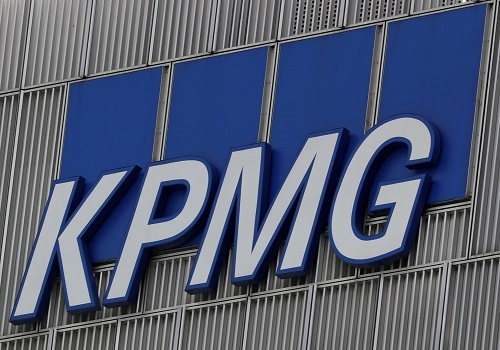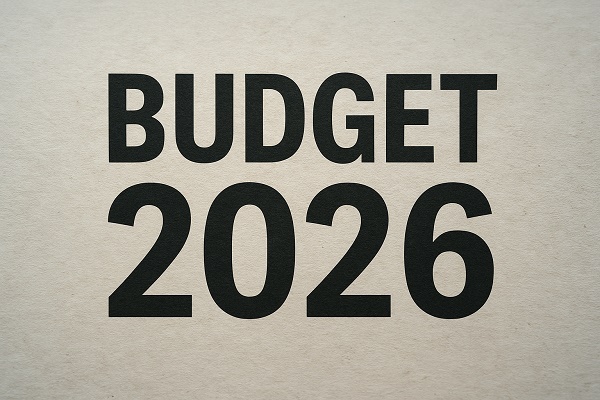India taking alternate road to ESG reporting - KPMG global audit head

India is taking an alternate approach towards disclosures norms related to environmental, social and governance (ESG) metrics compared to some other global economies, said a senior executive at KPMG.
India's market regulator on Wednesday mandated that the top 150 listed companies by market capitalisation would have to give "reasonable assurance" on ESG metrics starting this financial year.
That would mean a company's auditor would check its ESG metrics and disclosures, tracing them to their source to confirm accuracy.
“In this respect, India is being seen to be on the forefront,” Larry Bradley, the global head of audit at KPMG told Reuters in an interview on Thursday evening.
Globally regulators are mandating slightly more liberal rules by saying that companies should provide "limited assurance" on ESG metrics, which means that auditors can rely mostly on disclosures made by a company's management.
“I understand India has adopted an approach of requiring reasonable assurance from the start but on a limited set of metrics," said Bradley.
"So, while the others have gone down a path of lower level of assurance on a broader set of disclosures, the Indian approach starts with a higher level of assurance on a limited set of metrics,” said Bradley.
The metrics on which Indian companies will need to provide reasonable assurance of accuracy include greenhouse gas emissions, job creation in small towns and gross wages paid to women, among others.
In contrast, Europe has begun seeking limited assurance.
“The European Commission has taken the right approach of starting with limited assurance and slowly moving towards reasonable assurance. It’s very logical,” said Bradley.
While the norms would initially apply to the top 150 companies by market capitalisation, they will trickle down to the next 850 by the end of 2026-27.
According to Bradley, there is a need for global consistency in rules around ESG reporting.
“This is particularly relevant for multinationals. Confirming to different standards across jurisdictions will not be good for capital markets,” Bradley said.















